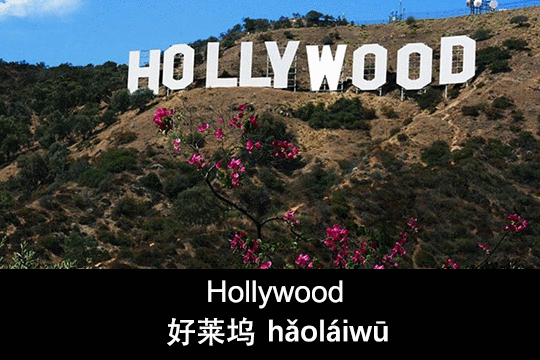The quiet death of a Hollywood dream in China – China’s latest top news
Jeremy Goldkorn’s selection of the top stories from China on July 28, 2017. Part of the daily The China Project newsletter, a convenient package of China’s business, political, and cultural news delivered to your inbox for free. Subscribe here.

Wang Jianlin’s movie dream for Qingdao ends in a whimper?
Earlier in July, we noted that Dalian Wanda Group — the real estate firm whose billionaire founder, Wang Jianlin 王健林, once vowed to build a theme park empire to crush Disney in China — announced plans to sell all of its theme parks. The Wall Street Journal now reports (paywall) that the fine print of the filings related to the sale reveals that Wang is unloading Wanda Studios — the 30 film and TV soundstages at the Qingdao Movie Metropolis entertainment complex that Wanda has been building in the coastal city of Qingdao. In 2013, Wang flew Hollywood stars, including Leonardo DiCaprio and Nicole Kidman, to Qingdao “for a red-carpet launch event and vowed to make China the global center of filmmaking.”
Wanda still owns American film company Legendary Pictures, bought last year for $3.5 billion, and AMC, America’s largest theater chain, which it bought in 2012 for $2.6 billion. But the sale of the soundstage complex in Qingdao seems to be the end of Wang’s dreams of building a film business in China to rival Hollywood.
Wang’s retreat from the entertainment business recalls an ancient Chinese saying: “Just because you know how to make a lot of money by getting cheap land from the government and building cookie-cutter malls and apartment complexes does not mean you know how to run a movie studio or a theme park.”
Xi’s the boss of the South China Sea
Study Times, the in-house publication of the Central Party School, has published an editorial (in Chinese) about Xi Jinping’s achievements comprising the kind of sycophantic praise for the president that has become the norm in state media over the last few years.
One interesting tidbit stands out: The essay says that Xi Jinping personally made decisions on building islands and reinforcing the reefs in the South China Sea, and setting up the city of Sansha.
Moreover, it states that Xi’s strategy has made a robust base for China to achieve eventual victory in the South China Sea. The South China Morning Post has more details and commentary on the editorial.
The week in propaganda
A gallimaufry of recent communications from the government:
- The People’s Daily has launched a social media campaign with infographics to teach parents how to protect children from sexual assault. What’s on Weibo has translations of the infographics and a background for the campaign. In March this year, we noted a report by a Chinese NGO that showed a 30 percent rise in reported sexual assaults on minors from 2015 to 2016.
- Xinhua News Agency has published a short online “talk show” in English, featuring a presenter robotically reading the Party lines on the ongoing border dispute with India and Bhutan, livened up with “fun” animations and noises.
- In addition, Xinhua News Agency cryptically tweeted an animated GIF of a Tibetan woman walking with a dog and accompanying text that reads, “The new regulation of Lhasa, the city of sunlight in Tibet, demands that all dogs in the city should have implanted microchips for IDs.”






